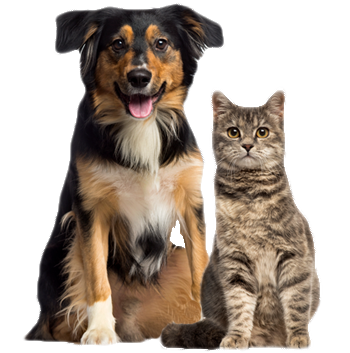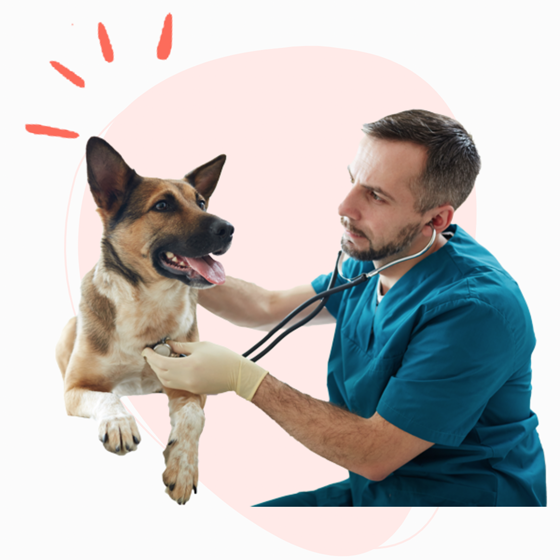
Be aware of the signs of ill-health which will vary depending on the type of pet but may include reduced appetite or not eating, vomiting, diarrhoea, weight loss, drinking excessively, drinking less, lethargy/tiredness, change in behaviour, coughing, discharges from eye/nose/ears, salivation, straining to urinate or defecate, lameness, swellings, excessive or reduced self-grooming, fur loss, scratching, pain, abnormal vocalising, etc.

Seek advice from a registered veterinary surgeon promptly for pets showing signs of injury, disease or illness and take appropriate remedial action .

Take reasonable steps to prevent disease or illness where available (for example, vaccinations or regular deworming if appropriate for the type of pet you are keeping).

Some pets require regular combing/brushing to maintain a clean, healthy coat and prevent it from getting matted.

If your pets have claws or a beak, they should be checked regularly and trimmed if necessary.

You should neuter your pet, if possible, to prevent unwanted litters, unwanted behaviours and various diseases later in life.

Only give your pet medicine which is specifically prescribed or advised by a registered veterinary surgeon according to the instructions provided.






